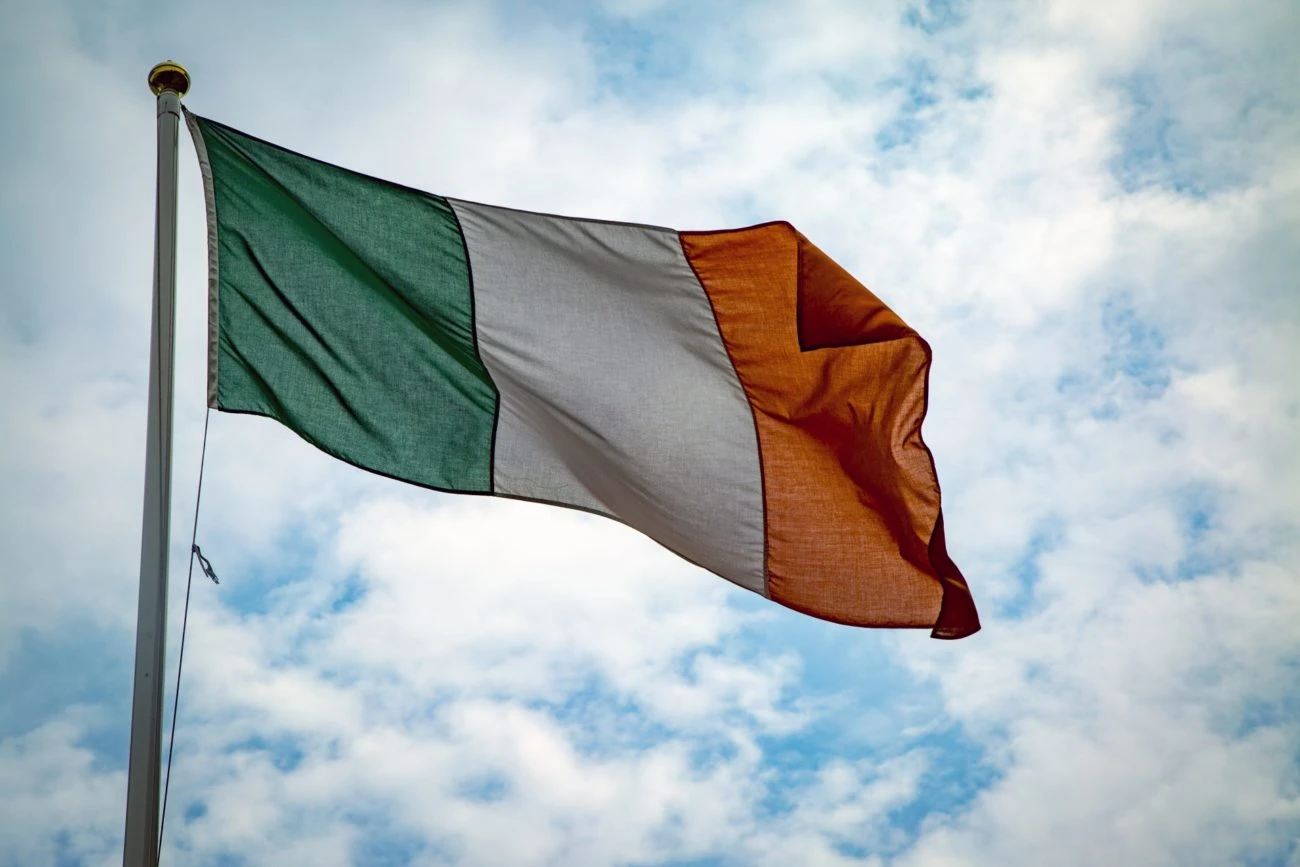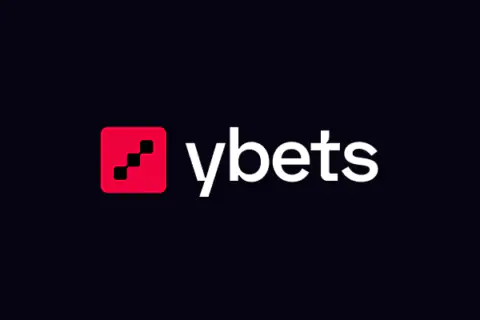Ireland Approves First Gambling Reform in Over 60 Years

Ireland has made a significant leap in modernizing its gambling laws, as the long-awaited Gambling Regulation Bill has passed through both Houses of the Oireachtas. First introduced in December 2022, the bill marks the first comprehensive reform of gambling legislation in Ireland since 1956, reshaping the regulatory landscape for the betting industry in the country. The bill’s passage paves the way for the establishment of the Gambling Regulatory Authority of Ireland, which will take charge of licensing and regulating the sector.
The bill introduces sweeping changes to address the challenges posed by the rapid growth of the gambling industry in the digital age. Among its most notable provisions is a restriction on gambling advertisements between 5:30 a.m. and 9:00 p.m., aimed at reducing exposure to vulnerable populations, particularly minors. The legislation also sets out to combat issues within the black market, banning inducements designed to lure customers into betting and establishing a National Gambling Exclusion Register for individuals seeking to block their access to gambling platforms.
Another key component of the bill is the creation of a Social Impact Fund, which will support awareness and education campaigns aimed at mitigating gambling-related harm. The fund is designed to address the social costs of gambling, helping to protect those most at risk, including younger individuals and vulnerable members of the community. The bill’s holistic approach to regulating both the legal and social aspects of gambling is widely seen as a critical update to Ireland’s outdated laws.
Minister of State at the Department of Justice James Browne expressed his satisfaction with the bill’s passage, noting the years of work that went into crafting the legislation. “I am truly delighted to welcome the passage of this long-awaited legislation, which is the result of many years of hard work by myself and a team of dedicated Departmental officials,” he said. Browne emphasized that the new regulatory framework reflects the current nature of gambling, which has been profoundly shaped by the rise of digital platforms and the proliferation of online advertising.
According to Browne, the legislation is ultimately a public health measure designed to safeguard Irish citizens from the harms associated with gambling. “At its core, this legislation is a public health measure aimed at protecting our citizens from gambling harm, including younger people and those more vulnerable in our communities,” Browne explained. The bill addresses the pressing need to regulate an industry that has evolved dramatically in recent decades, particularly with the surge of online betting options.
The bill’s focus on the digital era is a crucial element of its design. With the rise of mobile apps and online gambling platforms, the need for stringent regulation has grown increasingly urgent. The legislation aims to create a simplified and coherent licensing framework that accounts for these developments, ensuring that operators adhere to modern standards of responsible gambling.
Anne Marie Caulfield, the CEO Designate of the Gambling Regulatory Authority of Ireland, welcomed the bill’s passage and outlined the authority’s plans for implementing its provisions. “While we have a lot of preparatory work done, we will have a phased introduction of our functions, with a focus on licensing initially,” Caulfield stated. This phased approach will allow the new regulatory body to carefully manage the transition to the updated legal framework, ensuring that the industry complies with the new standards from the outset.
The bill now heads to President Michael D. Higgins for final consideration before it can be signed into law. Once enacted, it will mark a pivotal moment in Ireland’s gambling history, signaling the country’s commitment to modernizing its regulatory practices and addressing the social issues associated with the betting industry.
The legislation also represents a significant step forward in curbing the influence of illegal gambling operations. By introducing measures to tackle the black market, the bill aims to channel gambling activity into the regulated space, ensuring that consumers are protected and that operators adhere to strict standards of conduct. This approach is expected to help reduce illegal betting, which has long posed challenges to regulators and law enforcement in Ireland.
The wide-ranging reforms are seen as a necessary response to the growing concerns over gambling addiction and its impact on society. In addition to the National Gambling Exclusion Register, the bill includes provisions that ban certain types of inducements and promotional tactics designed to encourage excessive gambling. These measures are intended to create a safer, more responsible gambling environment for all players.
- Other news categories:
- SlotsUp's news





